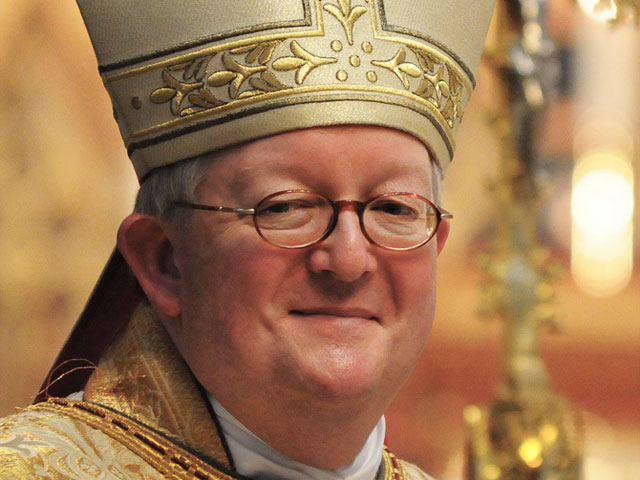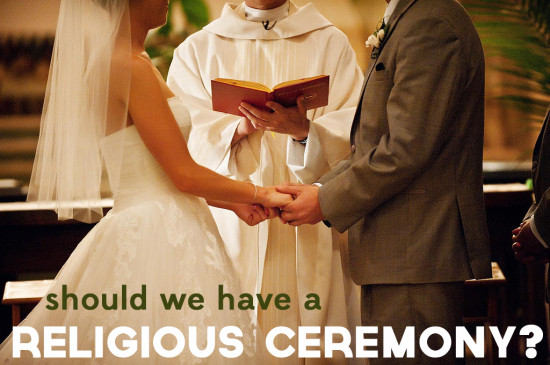The New York Times has run, at last count, 10 pieces in the past six days bringing up the allegations that the new Pope assisted the old Argentine junta in the “Dirty War” period. Which is quite a lot for a story based on hearsay and supposition as opposed to evidence, no?
You can read George Conger’s post about other media outlets pushing the story.
Pope Francis was installed earlier today during a mass that received quite a bit of media interest.
One reader noted something about a CNN story on the matter. Here’s the relevant portion:
The Vatican geared up for the inauguration of the pope on Tuesday, a ceremony ushering in a new era for the Roman Catholic Church.
Anticipation mounted among the faithful across the globe awaiting a joyous and solemn chapter of Christian history. St. Peter’s Square will bustle with tourists, locals and pilgrims during the official Mass to install Francis as the bishop of Rome.
The choice of day to anoint him as the holy father of the Roman Catholic Church carries a rich symbolism: It is the day that Catholics celebrate the Feast of St. Joseph to honor Jesus’ father on Earth, the carpenter Joseph. It also happens to be Father’s Day in Italy.
So is it right to say that today he was “anointed” as the holy father of the Roman Catholic Church? Anointed has a few definitions. Let’s look at the Merriam-Webster offerings:
1: to smear or rub with oil or an oily substance
2:
a :to apply oil to as a sacred rite especially for consecration
b : to choose by or as if by divine election; also : to designate as if by a ritual anointment
From the reader:
OK, maybe, just maybe, they’re using the word “anoint” figuratively, but it does get used literally in the Catholic setting. Priests are anointed with oil on their hands and bishops are anointed with oil on their heads. Pope Francis will not be anointed at all because he’s already a bishop. He became the Bishop of Rome once he uttered the words, “I accept.” That was it. As has already been discussed, this Mass will only be a formal and public starting point for his pontificate, but nothing more.
Most media outlets are using the term “install” for what occurred today. That seems a wise choice. Did you see any particularly good or bad coverage of the installation or new pope?
UPDATE: Not so fast, fine readers! The inimitable Ann Rodgers comments:
Actually the Vatican is quite vociferous about saying that the word is NOT “Install.” He was installed as pope the moment he said “yes” to his election. The Mass was an “inaugural” Mass for his ministry, in which he was presented with the symbols of his office. But he’s been in that office for almost a week.
Inaugurate away.
Anointing oil picture via Shutterstock.











